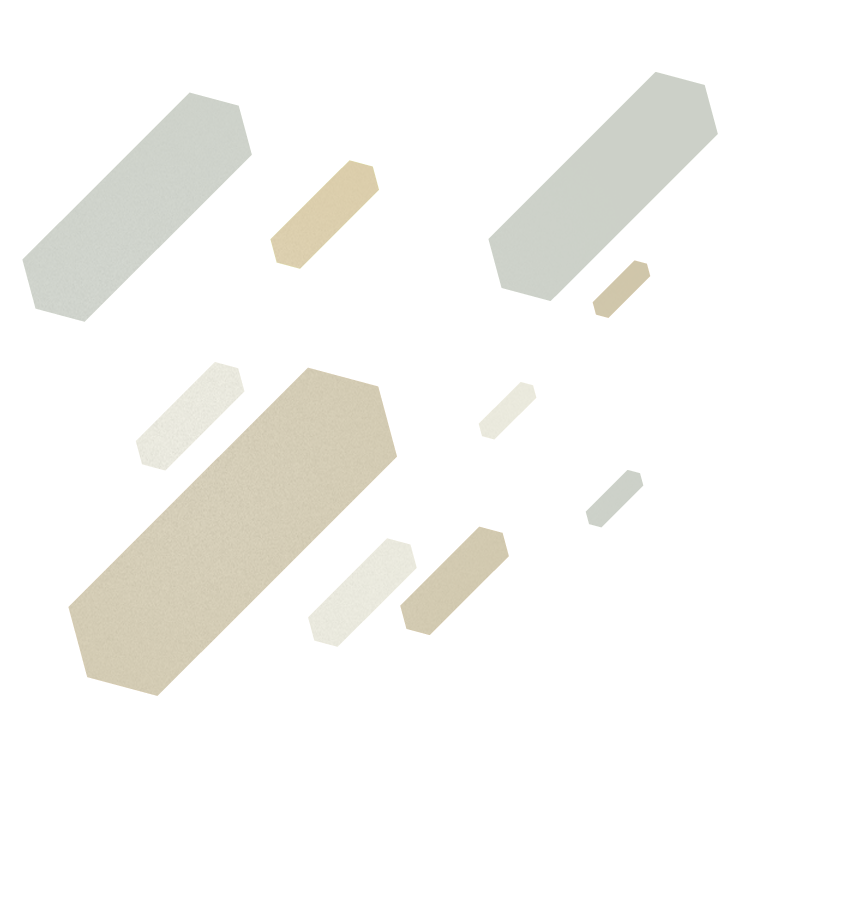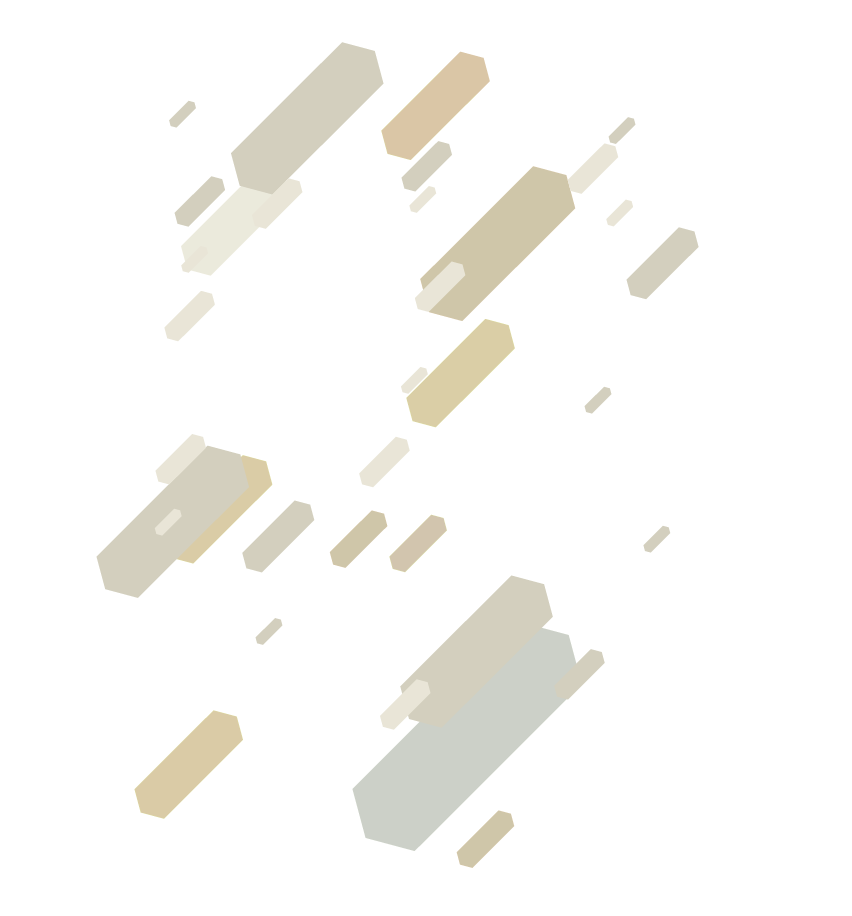


Born in 1960 in Lisbon. Distinguished for his work’s originality and diversity, Miguel Azguime’s musical world reflects an approach that relies on his multifaceted capabilities as composer, performer and poet.
In 1985 together with Paula Azguime, he founded the Miso Ensemble (flute, percussion and electronics), a duo recognised by the public and critics alike as one of the most important Portuguese contemporary performing groups.
Miguel Azguime’s music excels on aesthetic innovation and freedom. His works reveal an intensively emotive mixture of acoustic instrumental writing and electronics, in which his talent presents its most innovative qualities. The energy and rhythm of his inventive music give life to highly melodic phrases, in which “melismas” play an essential role.
As composer, poet and performer, he relentlessly exceeds the boundaries between music, text and drama, hence shaping new grounds in contemporary music, redefining music theatre and opera into what he calls as New Op-Era. Not only lyrical but also engaged and appealing, his polymorphic works amaze and attract both lovers of music and the ones new to it. The connections between the various activities exercised by Miguel Azguime, as composer, poet and performer gave origin to his particular interest in the domain, which the artists himself designates as “speech as music, music as speech”. It is indeed a search for meaning and balance between words and music, in other words, an attempt of approximation between the semantic and phonetic component of a given word and its sound parameters.
Besides his creative activity Miguel Azguime remains dedicated to promotion and diffusion of contemporary music as founder and director of the Miso Music Portugal (www.misomusic.com), artistic director of the independent record label Miso Records and the Música Viva Festival as well as founder of the Miso Studio and the Sond’Ar-te Electric Ensemble. Since 1995 he has been developing the first Portuguese Loudspeaker Orchestra dedicated exclusively to the performance of electroacoustic music. As researcher he has been working on the development of real-time computer music, giving lectures and courses in this field. In 2003, together with Paula Azguime, he founded the Portuguese Music Research and Information Centre (www.mic.pt), a platform with an extensive database, belonging to the international network of Music Information Centres and dedicated exclusively to dissemination of the Portuguese music patrimony.
In 2006 he was DAAD composer-in-residence in Berlin and this context allowed him to create and produce his multimedia opera, Salt Itinerary, for which he was awarded, in 2008, at the UNESCO’s Music Theatre Now Competition. Salt Itinerary constitutes the culmination of a process of integration between writing poetry and composing music. This project also led to a renewed form of creative collaboration within the Miso Ensemble (joining music with elements of video staging), initiated with Paula Azguime in the works Yuan Zhi Yuan and O Centro do Excêntrico do Centro do Mundo, and developed in the children opera The Little Girl Water Droplet, as well as in the new production A Laugh to Cry.
Selected works (since 2000): Du néant et l’étant for vibraphone and live electronics (1999–2000), Poesia cantada for eight spoken voices, to words by Portuguese poets (2000), Derrière son double for flute / bass flute, clarinet / bass clarinet, violin, viola, cello, piano and live electronics (2001), O ar do texto opera a forma do som interior, sound poetry for speaking flautist and speaking percussionist, to words by the composer (2001), Eiko-In ou les modèles de l’indifférence for violin, trombone, piano and live electronics (2001–02), O centro do excéntrico do centro do mundo for 16 voices, two spoken voices and live electronics, to Latin and Old Portuguese texts by 15th-century mathematician Pedro Nunes (1999– 2002), Escrituras for flute, percussion and live electronics (2002), A procura de dizer as palavras dos poetas, sound poetry for eight spoken voices, to words by Portuguese poets (2002), Para saxofone for bass saxophone and live electronics (2003), Le dicible enfin fini, electroacoustic music (2003), Matrrrrrrrrrrrrrrrrr, electroacoustic music and video (2004), Águas marinhas for 15 instruments (2004–05), Liquidus sonorus luminaris, two-voice inventions for two oscillators (2005), Alentour allant même for flute and percussion (2003; version for eight instruments and live electronics, 2006), Moment à l’extrêmement... for cello and live electronics (2005–06), Paraître parmi, string quartet with electronics (2006), Soit seul sûr de son for violin (2004–06), O Itinerário do sal / Salt Itinerary, electroacoustic opera with live electronics and video, to a libretto by the composer (2006), O Rouxinol do Imperador, electroacoustic children’s theatre (2006), Circundante circunstância dos círculos for ensemble, choir and electronics (2007), Le Feu qui dort for string quartet (2008), No sítio do tempo for reciter, video and electronics (2009), No oculto profuso for clarinet and electronics (2009), Mestre Gato ou o Gato de botas for five performers, reciter and electronics (versions for adults and children, 2009), L..., electroacoustic music (2010), Vinnnszzzinnnco for clarinet, violin, cello and piano (2010), (ThS)inking Survival Kit for voice, percussion, ensemble and electronics (2010), Conver(say)tions for violin, piano, percussion and MIDI keyboard (2010), Lissabon Klang, electroacoustic music (2011), De part et d’autre for flute, clarinet, violin, cello, piano and electronics (2011), A little Girl Water Droplet for children’s choir, electronics and video (2011), Mes Ententes pour 4 personnages for saxophone quartet and electronics (2012), Progressões do tempo, electroacoustic music (2012), Notes on Books, electroacoustic music (2013).
Installations and exhibition music: barcos memórias do tejo, sound installation, Seixal Ecomuseum Arrentela (2005), Pedra e Moinho, Nome de Água (2008); theatre, film and ballet music.




